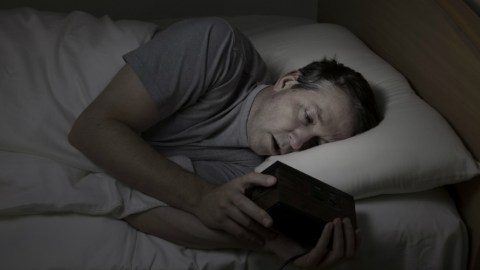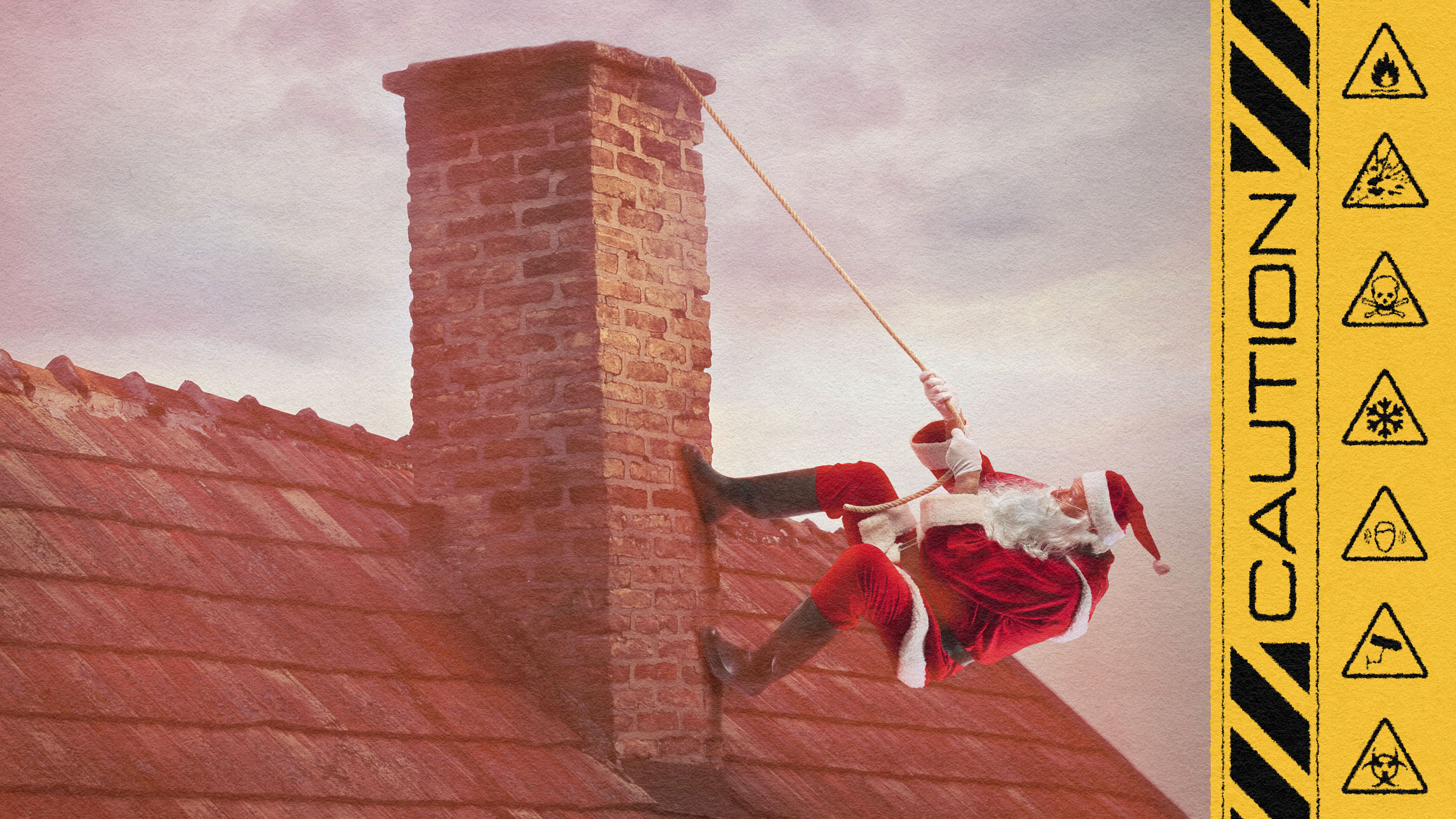Your Sleep Disorder Is Like a Dangerous Eating Disorder

Not that any of us really need another reason to worry about our health, but here’s NPR‘s Jon Hamilton with a doozy:
“More than 50 million adults in the U.S. have a disorder such as insomnia, restless leg syndrome, or sleep apnea, according to an Institute of Medicine report. And it’s now clear that a lack of sleep “not only increases the risk of errors and accidents; it also has adverse effects on the body and brain,” according to Charles Czeisler, chief of the division of sleep and circadian disorders at Brigham and Women’s Hospital in Boston.
Research in the past couple of decades has shown that a lack of sleep increases a person’s risk for cardiovascular disease, diabetes, infections, and maybe even Alzheimer’s disease. Yet most sleep disorders go untreated.”
Here’s what I find particularly interesting. Eating disorder awareness is at an all-time high right now and for good reason. How many times have you seen someone on the street who was obviously way too thin? We’re all cognizant of the danger and risks that come with malnutrition and understand food to be one of five essential needs for human survival. Shelter is another; we’re also aware of the cautions bundled with homelessness. The requirement to take in oxygen and water is self-explanatory.
So we’ve run through four of the five basic human survival needs: food, water, oxygen, and shelter. We’re primed to acknowledge them and be aware when other people are at risk because they (or someone else) are depriving themselves.
I’m sure you can guess what the mystery fifth need is. Sleep is as essential to human survival as food or shelter. When someone starves themselves, we can see the physiological effects affecting their performance, productivity, and quality of life. But are we as prepared to combat the effects of sleeplessness? Sleep deprivation, sleeping disorders, insomnia, etc. — these are troublesome dilemmas that hurt one’s quality of life.
Yet for many of the underslept among us, it’s become a perfectly acceptable norm to harm ourselves by sleeping three to five hours a night, or pull consecutive all-nighters, or wave off insomnia as a minor inconvenience.
As you return to the NPR piece (linked again below, I highly recommend the read), keep in the forefront of your mind this idea that depriving yourself of sleep is like depriving yourself of food. And while it’s relatively simple to stage an intervention for your friend with an eating disorder who weighs 85 pounds, think of the ways one can or cannot do the same with a sleep-deprived peer. We as a society need to start valuing our slumber and stop allowing outside forces to goad us into sacrificing our essential rest.
Read more at NPR.
Slight segue here… Did you know you can practice creativity while sleeping? High-wire artist Philippe Petit explains the unconscious incubation of ideas via good sleep:




